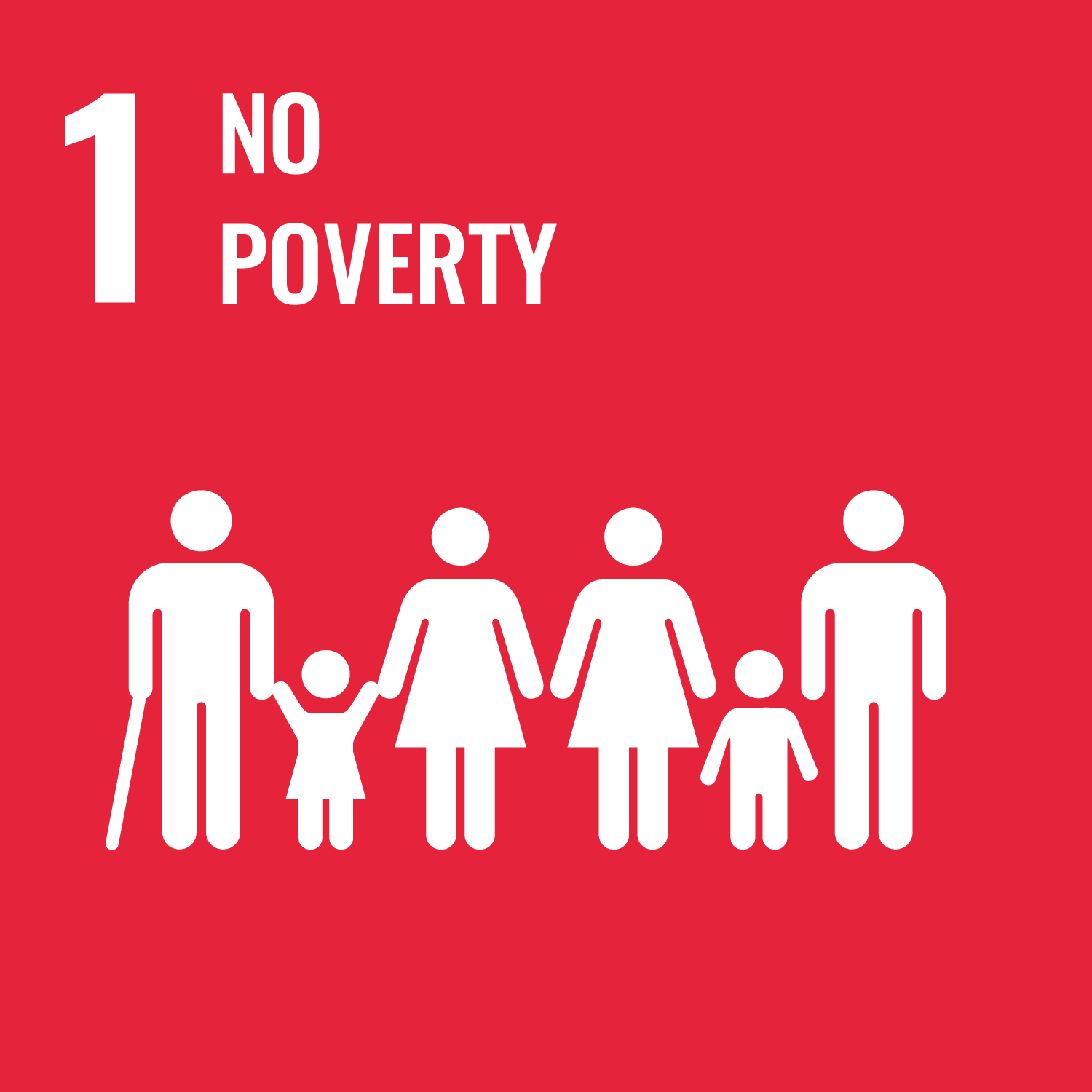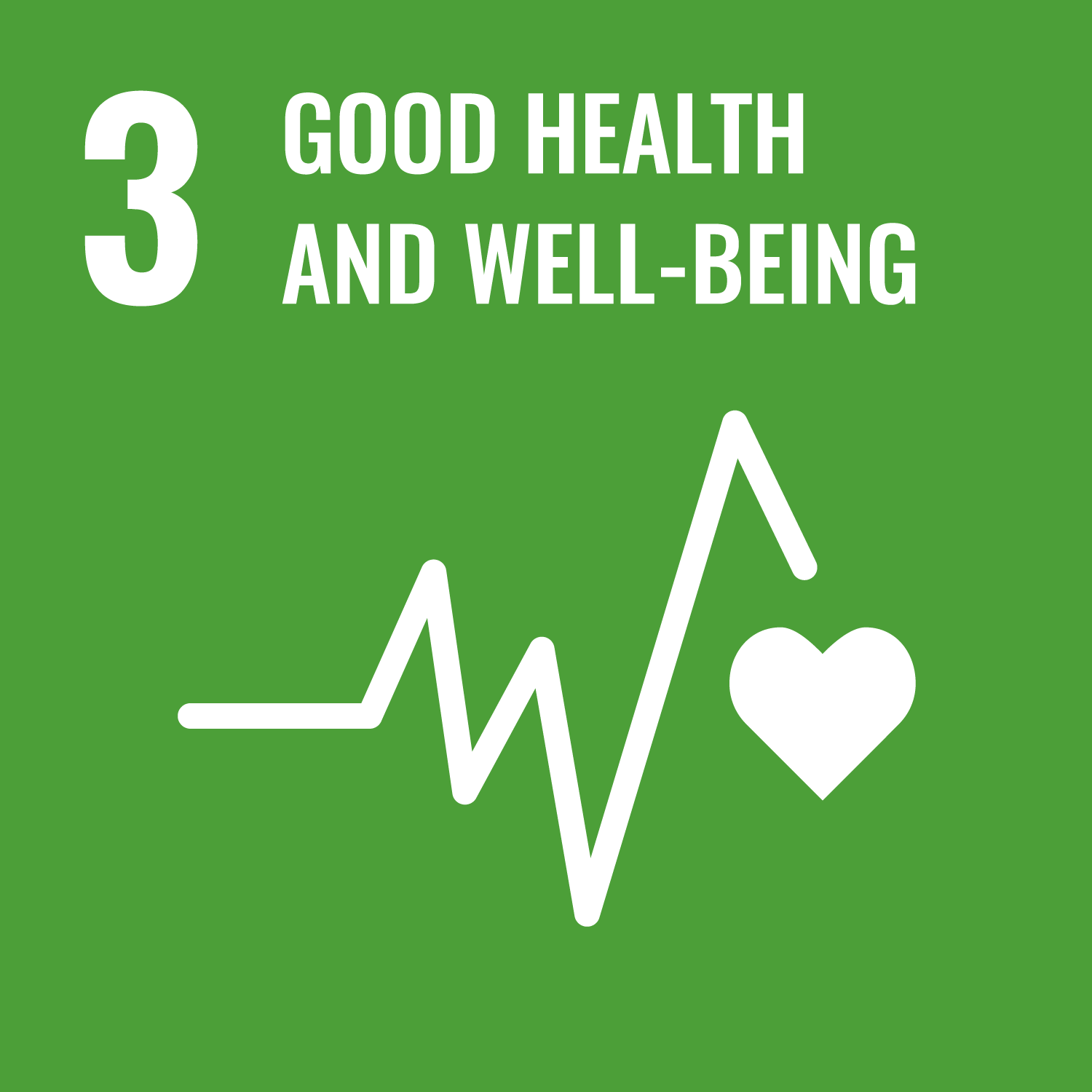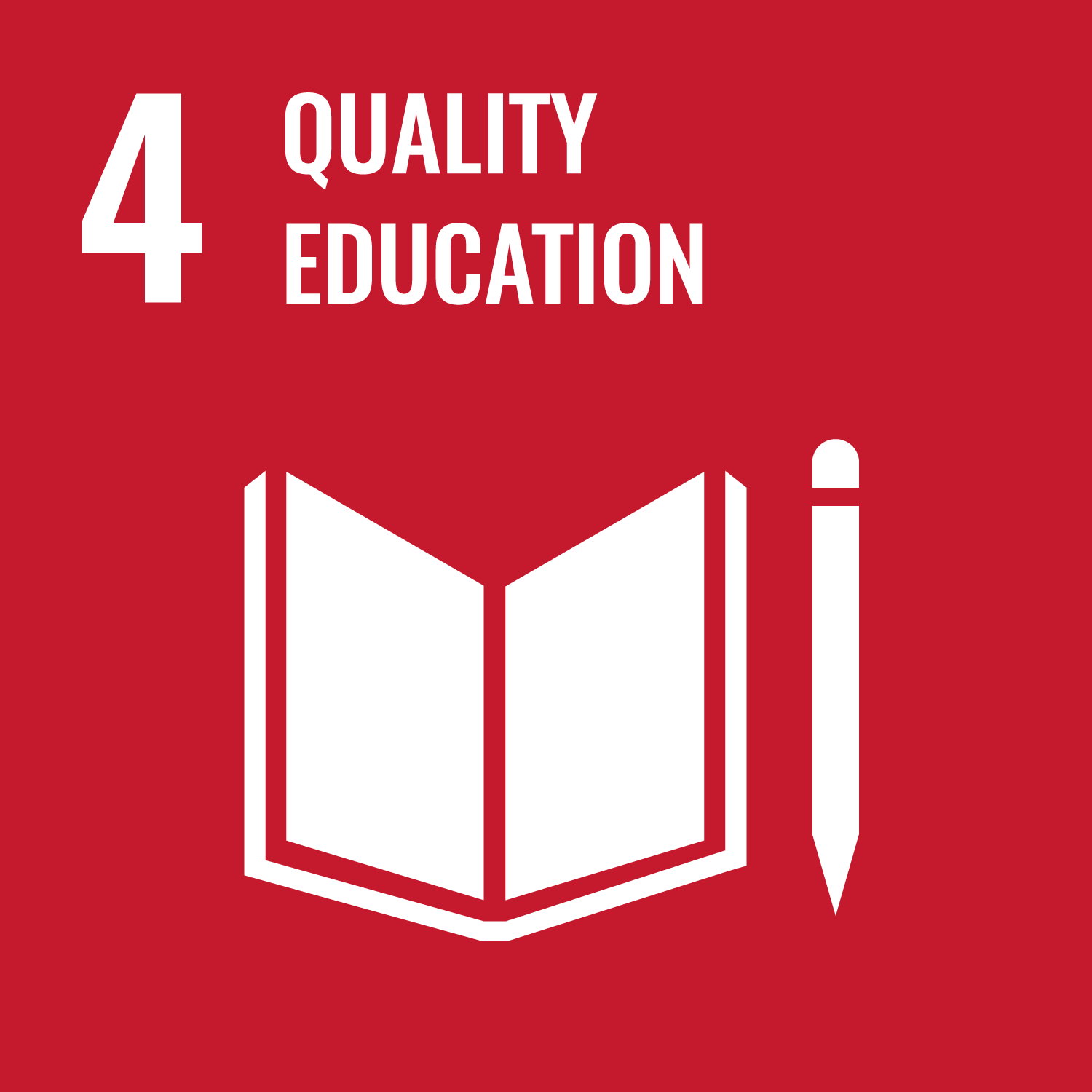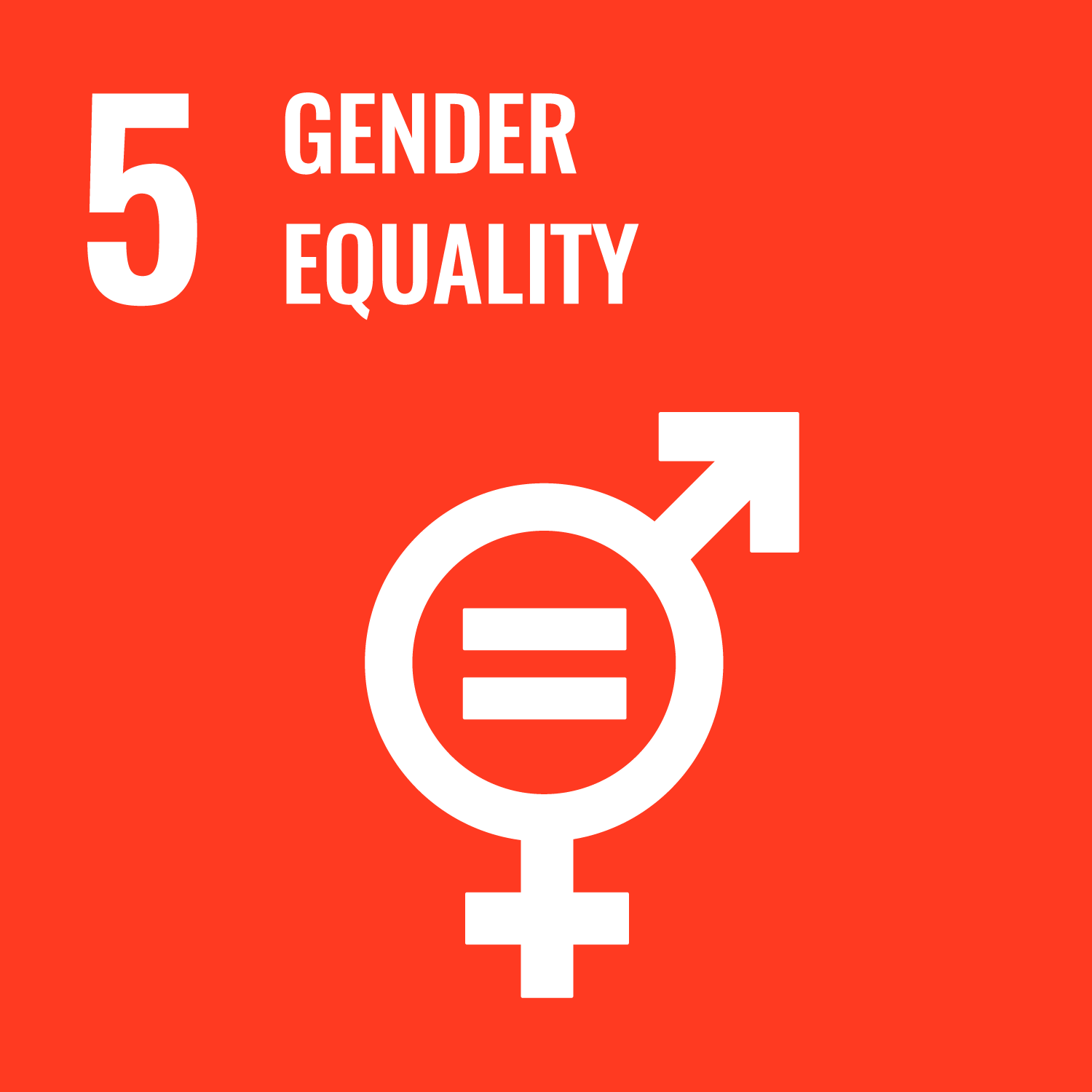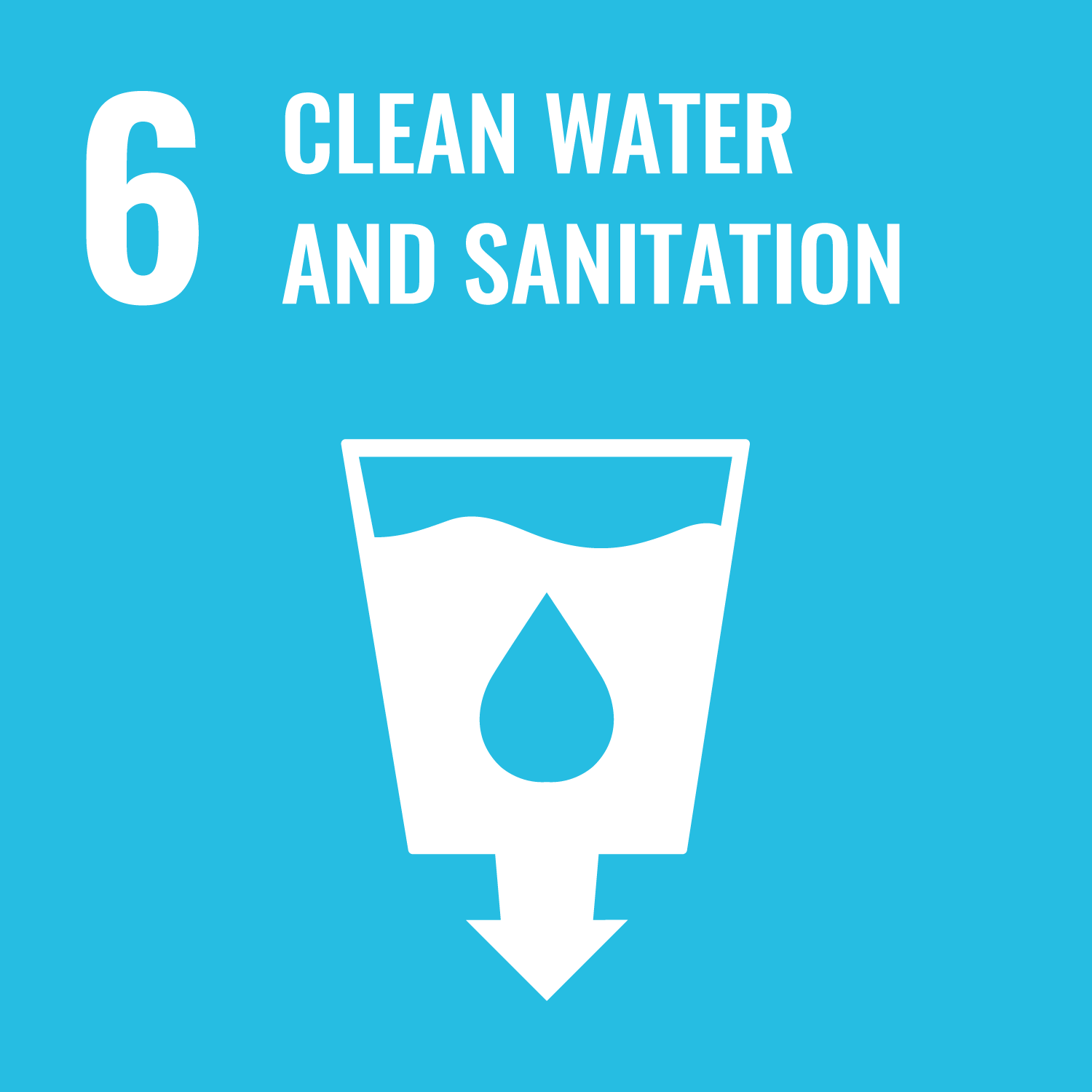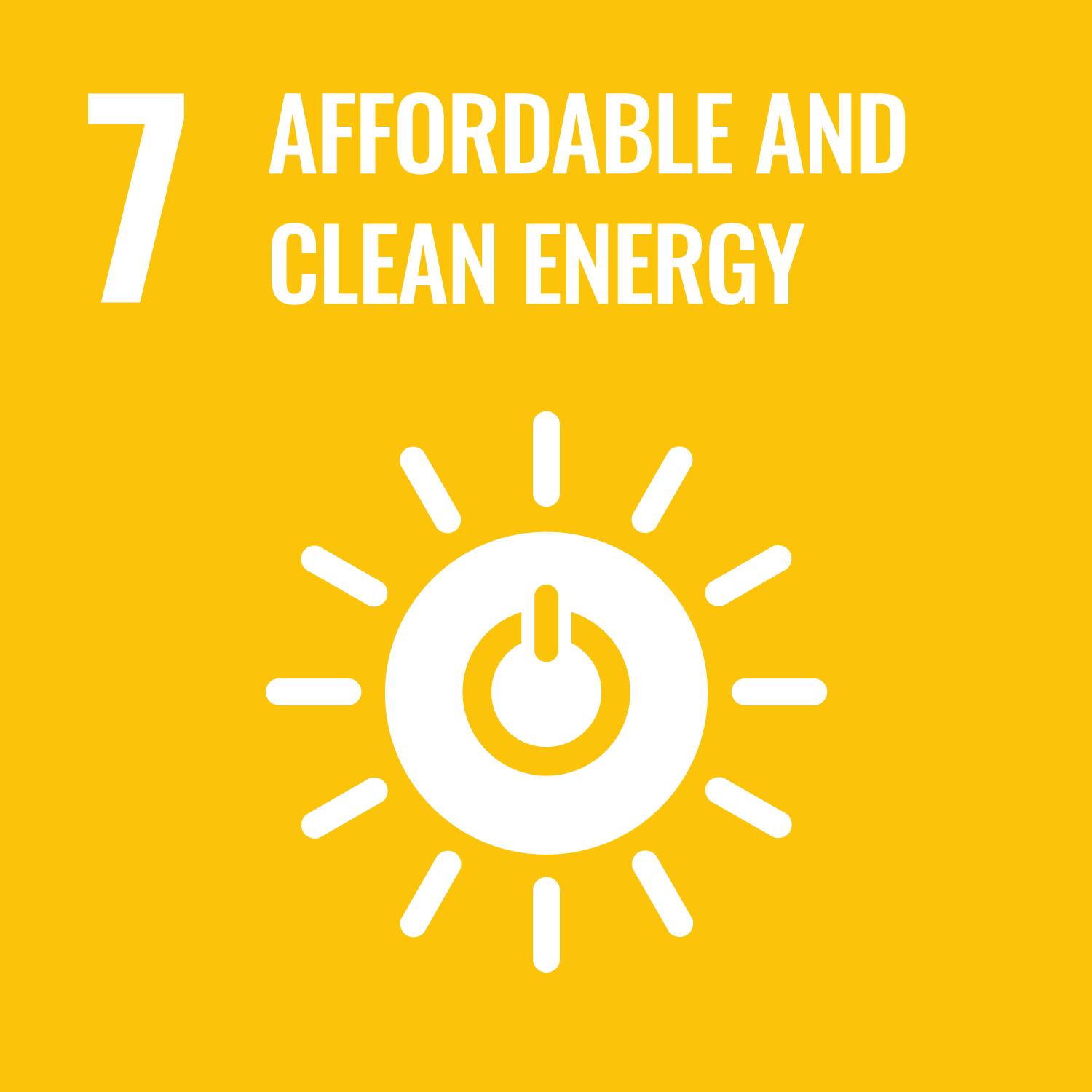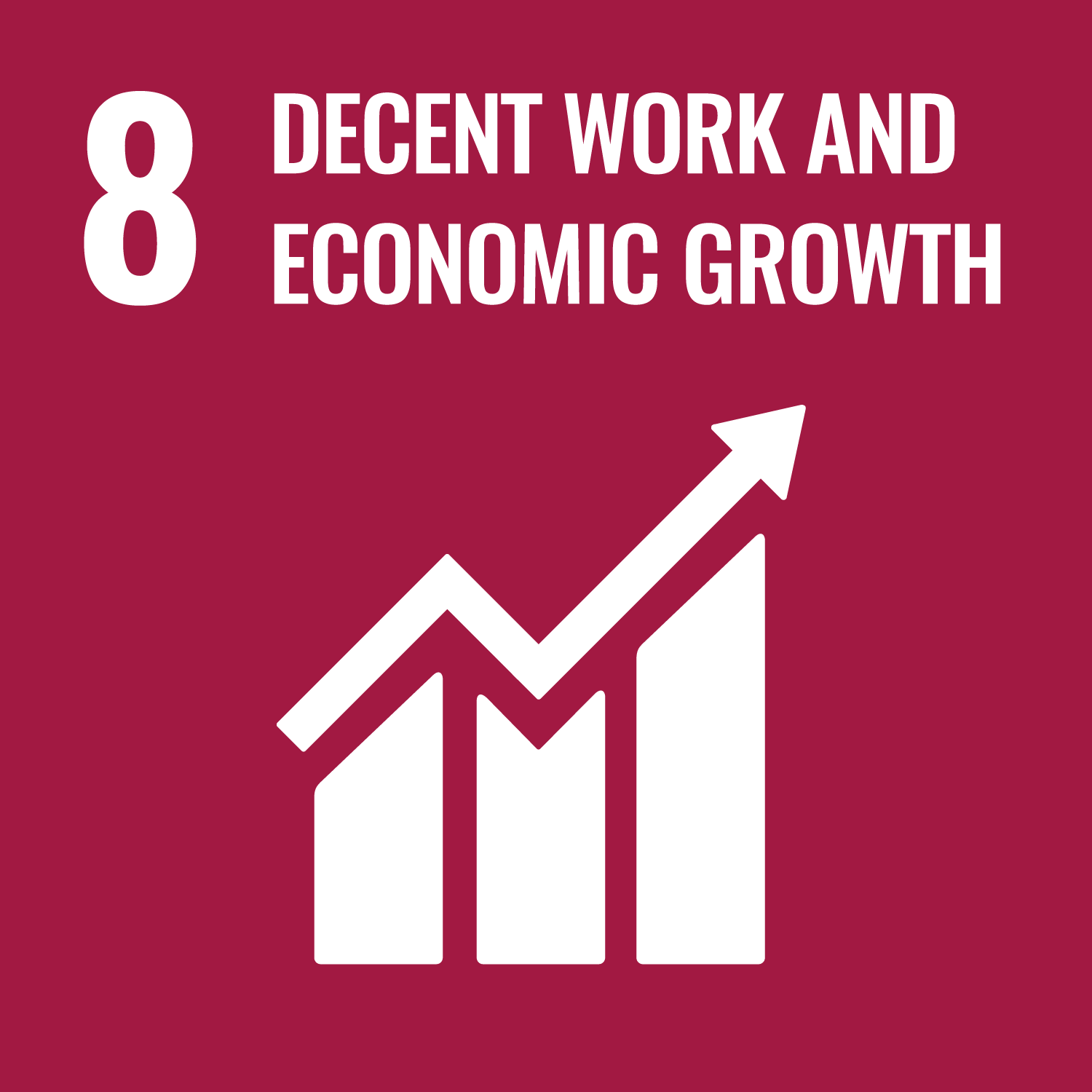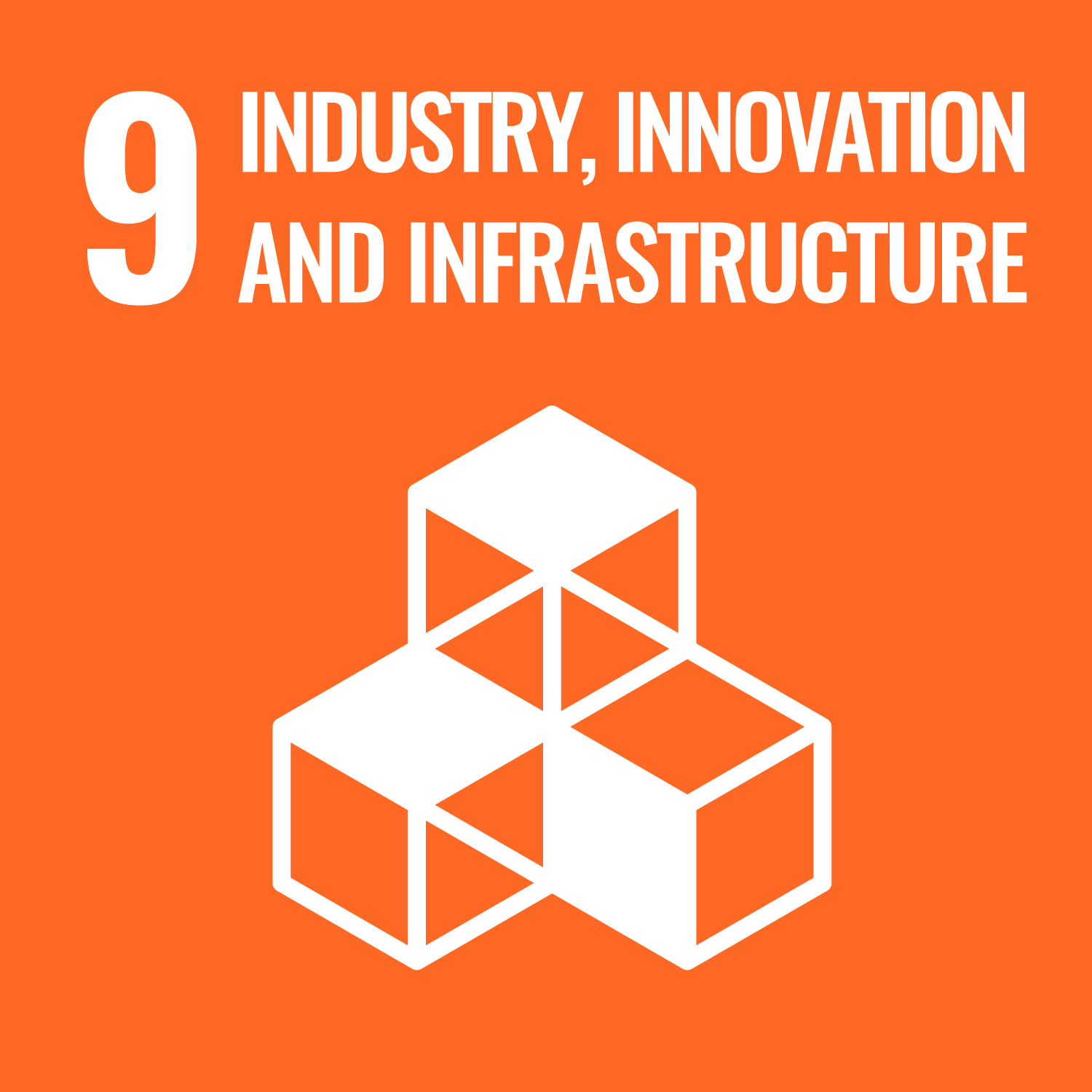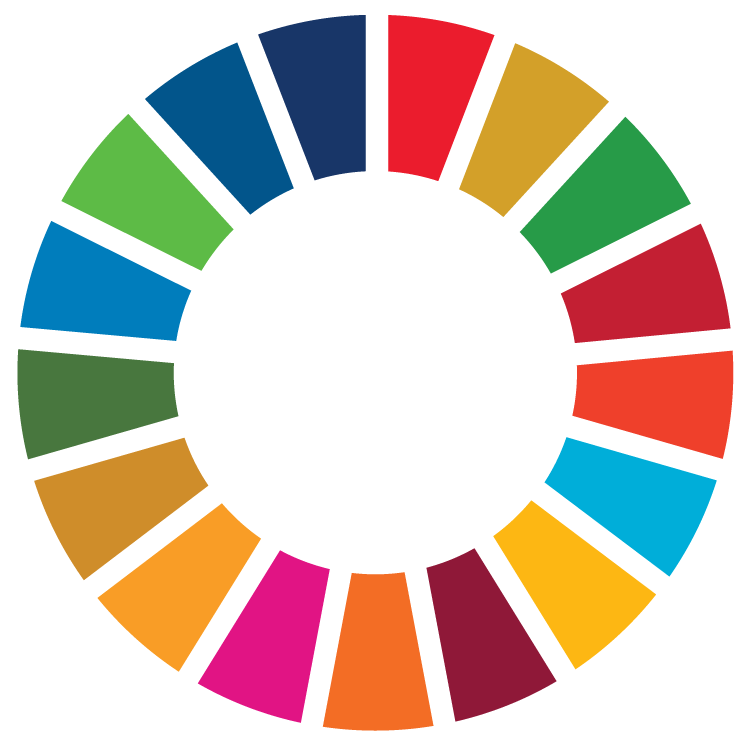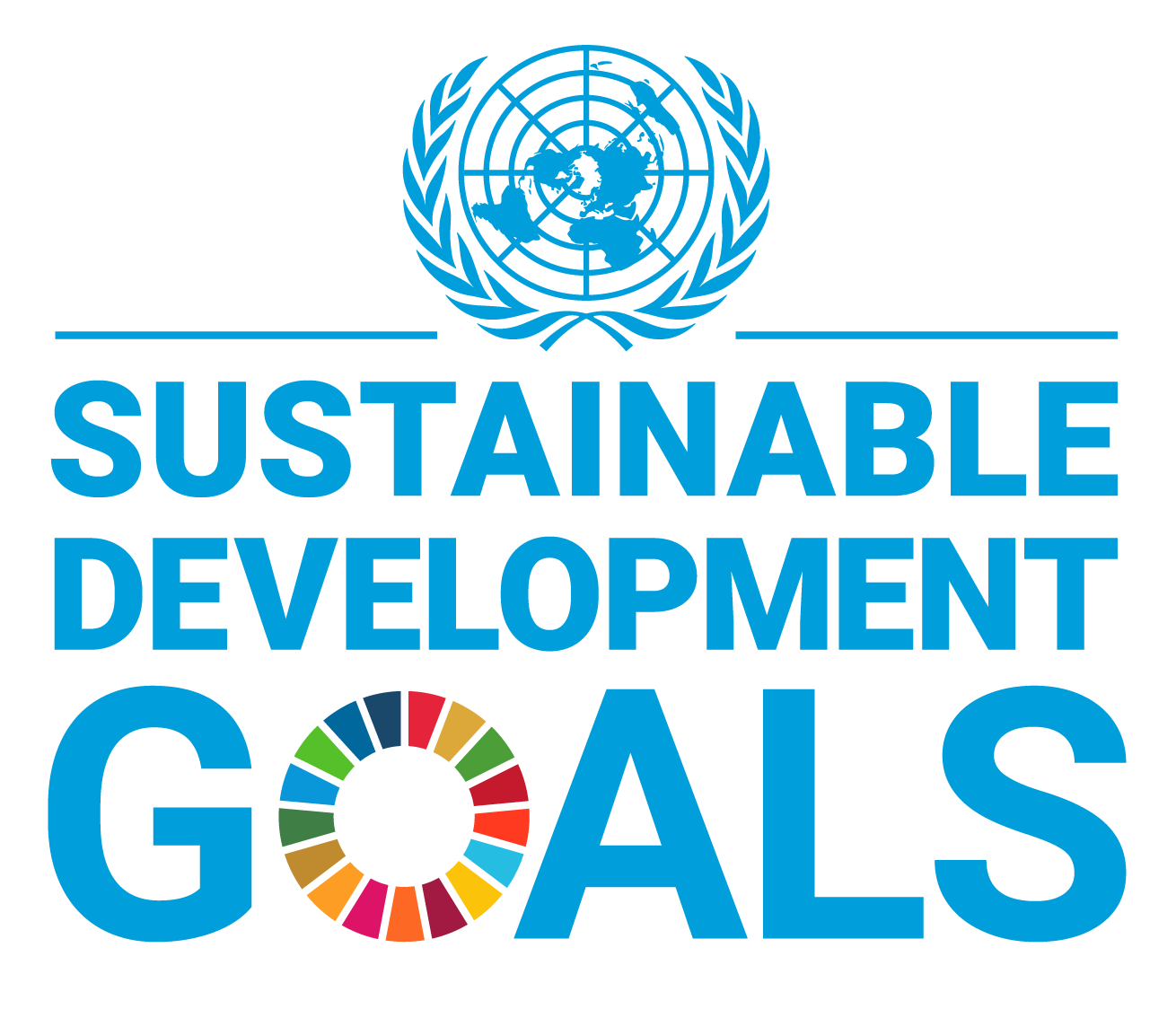- Beranda
- Tentang Kami
- Akademik
- Kemahasiswaan
- Riset
- Unit Layanan Fakultas
- LPPKM
- SDGs Initiatives
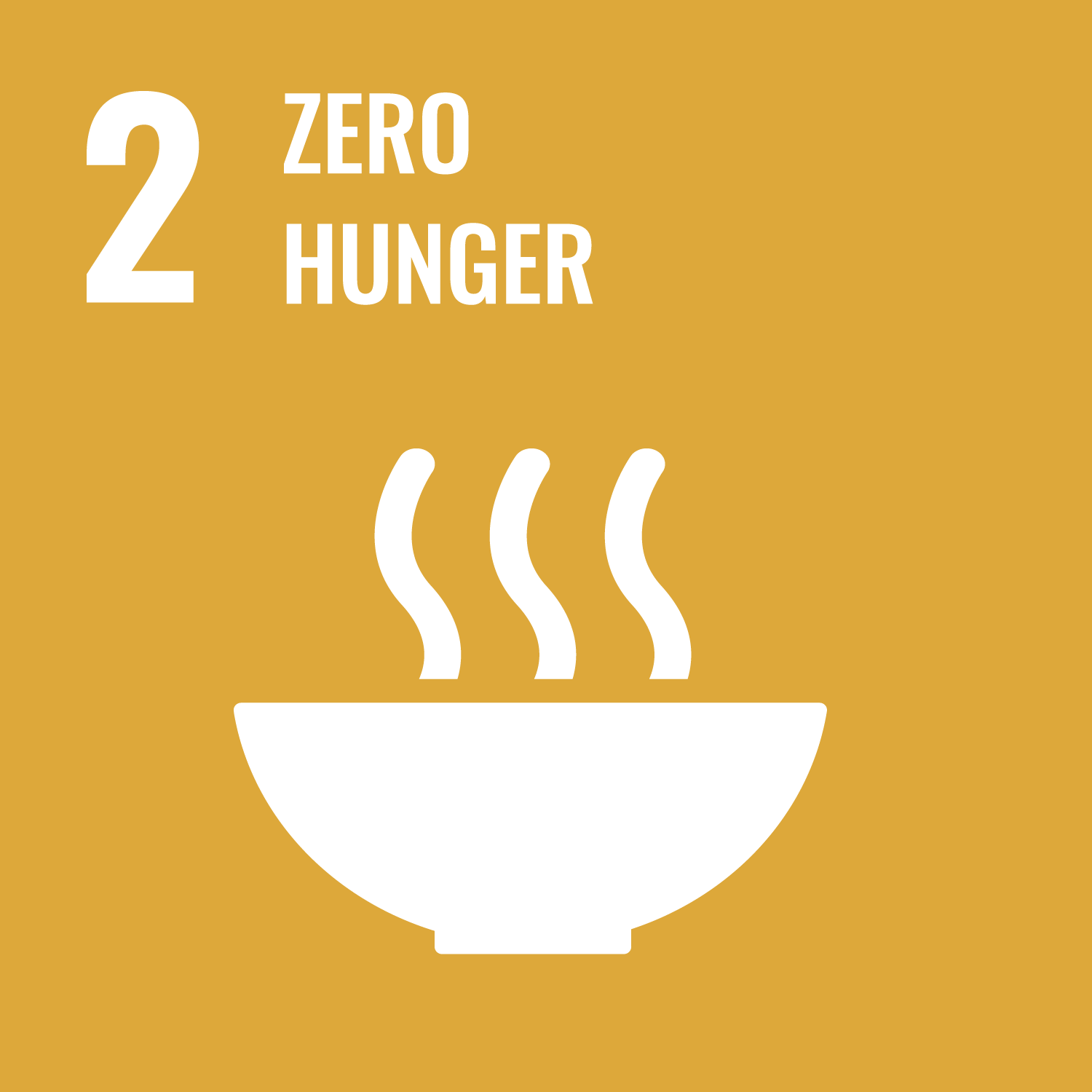

In 2024, campus food waste tracking was conducted on waste generated from the Faculty of Public Health (FKM) canteen and organic food waste from staff in each building. The waste was collected and transported daily during working hours by faculty cleaning staff. It was then gathered, weighed, and recorded at the Faculty’s Temporary Storage Site (Tempat Penampungan Sementara) while awaiting pickup by the university’s waste management team each day. The campus food waste was collected and weighed by the cleaning staff. The total amount of food waste was calculated based on records of canteen waste (2,916 kg) and food waste from staff in each building (2,610 kg), resulting in a total of 5,526 kg of food waste generated by the faculty in one year. Compared to 2023, the amount of food waste in 2024 showed a decrease.
There is a provision of sustainable food at certain food outlets.
There is a provision of healthy and affordable food on campus, available at all food outlets.
In providing access to knowledge on food security, FKM UI organized online seminars on food security titled “Climate Change and Food Security” and “National Security: Moving Beyond Food Availability towards Zero Hunger.” In addition, to celebrate World Food Day, one of the lecturers from FKM UI conducted an urban farming training session for the community in Cipayung, East Jakarta.
Antisipasi Dampak Perubahan Iklim Terhadap Ketahanan Pangan: Ciptakan Pelangi di Piringmu
There are no activities which are related to the zero hunger goal.
All product purchases come from local sources, as all businesses are managed by MSMEs (Micro, Small, and Medium Enterprises).

